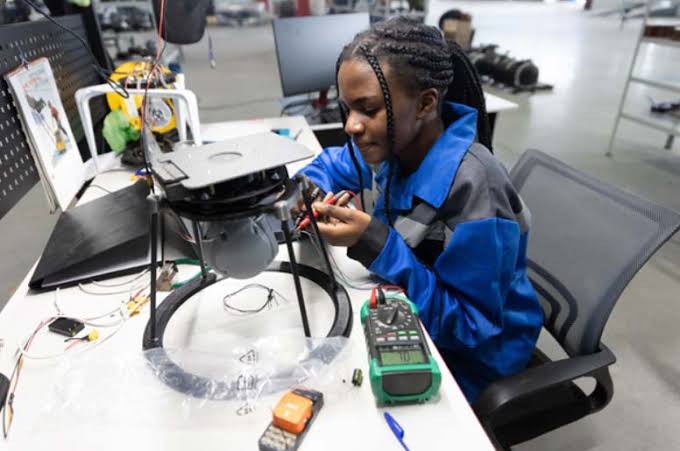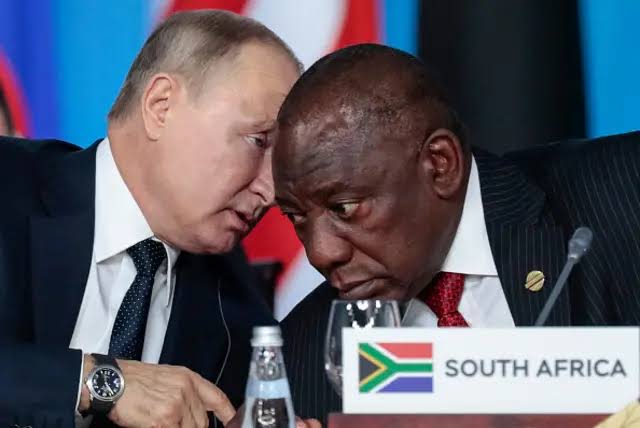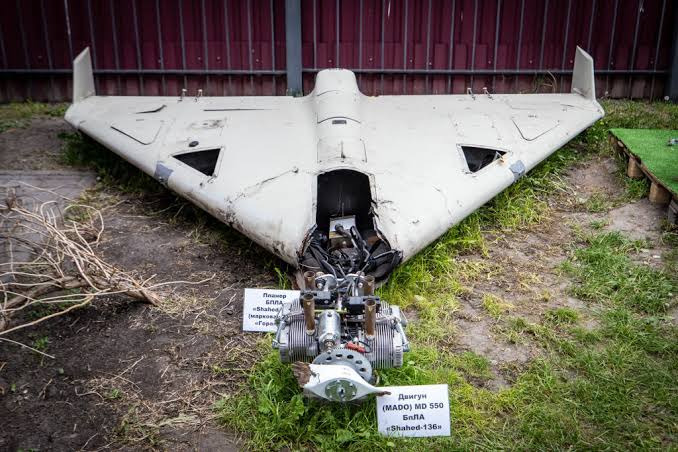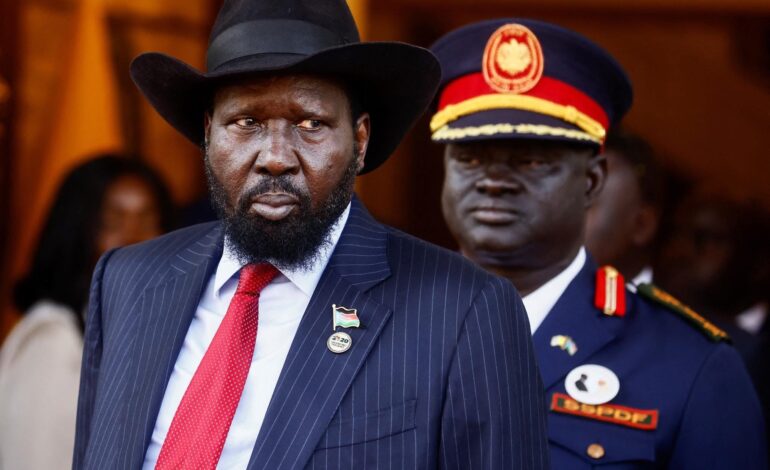
Faith Nyasuguta
South Africa has opened a formal investigation into alarming reports that Russian companies are targeting young women with offers of overseas jobs, only for them to be sent to drone factories that support Moscow’s war effort in Ukraine. The recruitment drive, now under Pretoria’s scrutiny, appears to exploit South Africa’s high youth unemployment while filling Russia’s deep wartime labor shortages.
At the heart of the controversy is the Alabuga Special Economic Zone in Tatarstan, Russia, a sprawling industrial hub known for producing Shahed-type drones deployed in Ukraine. South African women were reportedly recruited under the promise of lucrative jobs in hospitality and construction, only to find themselves assembling drones in hazardous conditions. Research by international security analysts suggests that as many as 90 percent of the recruits ended up in drone production rather than the advertised roles.
The recruitment has been promoted under the banner of BRICS cooperation. The South African chapter of the BRICS Women’s Business Alliance, together with the BRICS Student Commission, signed an agreement earlier this year to supply more than 5,000 workers to Russian firms. Social media platforms such as TikTok and Instagram were flooded with advertisements portraying the jobs as well-paid international placements, aimed largely at women between the ages of 18 and 22.

Lebogang Zulu, chair of the BRICS Women’s Business Alliance in South Africa, defended the program as an attempt to match Russia’s labor demand with South Africa’s unemployment crisis. The argument resonates in a country where nearly a third of the population is jobless and almost half of women under 34 lack employment. For many young South Africans, the promise of free flights, accommodation, and salaries of around $800 a month made the prospect enticing, even if the risks were poorly understood.
Pretoria has reacted cautiously, aware of its diplomatic ties with Moscow. The Department of International Relations and Cooperation confirmed that it is actively investigating the reports, stating that the government is probing foreign recruitment programs that may mislead South African citizens. Officials hinted that Russian diplomats could be summoned for clarification, but the government has stopped short of outright condemnation.
What makes the revelations particularly troubling is the danger facing those who accept the jobs. The Alabuga drone facility has been repeatedly targeted by Ukrainian strikes, placing the workers in direct harm’s way. Young women, many of them away from home for the first time, have found themselves under tight surveillance, working exhausting shifts, and handling dangerous materials.

Until recently, such recruitment programs targeted poorer nations like Burkina Faso and Ethiopia, but South Africa’s involvement signals an escalation. Observers warn that vulnerable African youth are being lured into exploitative schemes that blur the line between opportunity and coercion.
The case highlights a grim intersection of Africa’s unemployment crisis, Russia’s wartime labor demands, and the politics of BRICS cooperation. South Africa’s probe may determine whether these schemes continue unchecked or face tighter regulation to protect its citizens.
RELATED:








